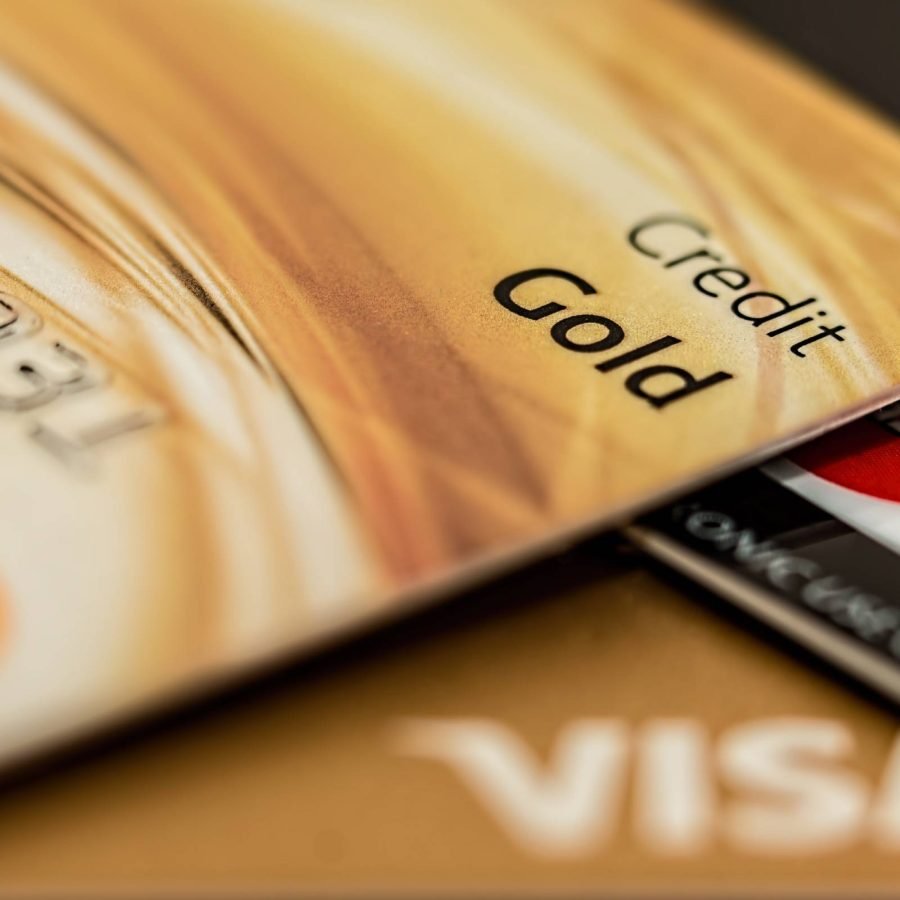Offshore Bank Account
Delve into the intriguing realm of offshore bank accounts. Learn how opening one can maximize your financial opportunities.

OFFSHORE BANK ACCOUNT
An offshore bank account is an international multi-currency bank account. It allows payments or collections to be made via transfers in the most popular currencies: dollars, euros, pounds, etc.
An offshore account is a normal bank account located in a foreign country where the person or the company has no residence. Thus, the authorities have no influence over his overseas bank account.
Moreover, these bank accounts usually offer debit or credit cards and Internet banking access. Hence, you can manage your account and/or withdraw money from cashpoints.
An offshore bank account serves to shield wealth from creditors or legal actions while also acting as a vehicle for expanding deposits and investments, contingent upon responsible and ethical usage.
OFFSHORE BANKS
Owning a bank account in an offshore bank involves utilizing banking services in an offshore jurisdiction where the account holder is not a resident.
Offshore banks operate under laws established by the governmental authorities of the country and/or offshore jurisdiction. Consequently, these institutions benefit from laws that provide them with greater flexibility in their operations and highly attractive tax advantages.
Additionally, an offshore bank operates similarly to a normal traditional bank. Thus, any person or company can open an offshore bank account in an offshore bank. You can enjoy the same service as a normal bank, online transactions, deposits, payments, and debit/credit card.
6 REASONS TO OPEN AN OFFSHORE ACCOUNT
Wealth diversification
Interest rates
Banking secrecy
Asset protection
Multicurrency acount
Stable banking system
FBC Mundo Offshore: Your Gateway to Offshore Banking Excellence
Schedule a consultation with our private banking law specialists today!
Different types of banks to open an offshore bank account

Top-tier banks
These are the most renowned and significant banks worldwide. It includes names such as Citibank, Standard Chartered Bank, Santander, BBVA, HSBC, and Barclays. In addition, these institutions operate in both offshore and onshore jurisdictions, such as Barclays in the Isle of Man or BBVA in Panama.
They typically offer a wide range of high-quality banking services and benefit from substantial capitalization.
Local banks
These are local banks that operate exclusively within their home country. They offer the same services as major banks but still rely on correspondent banks, which are typically one or more large banks.
Moreover, local banks often have a deeper understanding of the financial needs and economic dynamics of their region. They adjust their services and products to better meet local expectations.


Digital banks
Neobanks are financial institutions that operate exclusively online, without traditional physical branches. These entities offer a range of financial services such as current accounts, savings accounts, debit and credit cards, loans, investments, among others, using digital platforms and mobile applications.
Unlike traditional banks, neobanks generally have lower operating costs. Indeed, they do not have to maintain expensive physical infrastructure.
